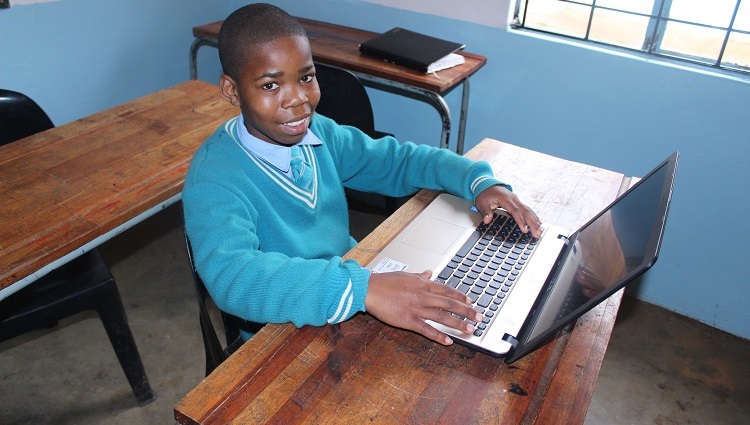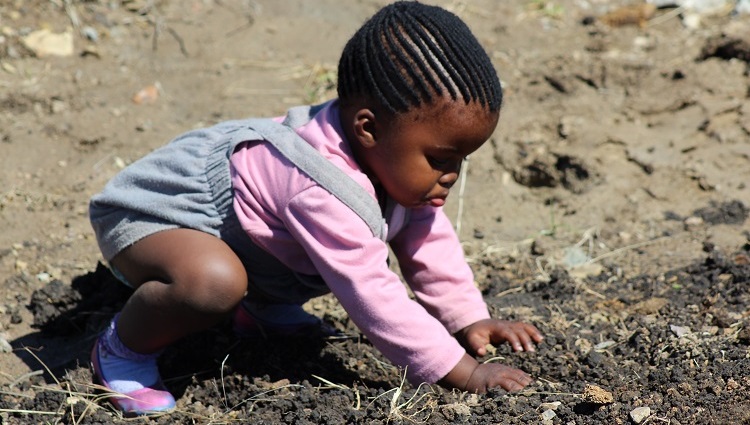THEMATIC AREAS
The South African National Commission for UNESCO operates in the following sectors

CHAIRPERSON - MS PALESA TYOBEKA
The Education Sector is mainly focused on the Education for Sustainable Development (ESD); Teachers, Literacy; Information and Technology in Education (ICT); Technical Education and Training (TVET); and Health and Comprehensive Sexuality Education.
The sector is led by the Department of Basic Education, and Chaired by Ms Palesa Tyobeka. The sector also include the Department of Higher Education and Training, and other education structures.
Read More...

CHAIRPERSON - DR BONGANI NGQULUNGA
The Communication and Information Sector’s programmes are rooted in UNESCO’s Constitution, which requires the Organization to promote the “free flow of ideas by word and image.” The Sector’s strategic objectives includes, the promotion of the free flow of ideas and universal access to information; and promoting the expression of pluralism and cultural diversity in the media and world information networks, and Promoting access for all to ICTs.
The Sector also provides the secretariat to the Intergovernmental Programme for the Development of Communication (IPDC); Information for All Programme (IFAP); ICT in Education, Science and Culture; and Universal Access and Preservation. The sector is lead and chaired by the Department of Telecommunication and Postal Services, and includes the Department of Communication, community radios, and other communication structures.

CHAIRPERSON - DR SIBONGILE MASUKU
The Culture Sector is based on international UNESCO conventions/instruments that South Africa ratify, if they are relevant to its national priorities and policies on culture matters. The lists of conventions that are of interest to South Africa includes, the 1972 World Heritage Convention; the 1972 Protection of the Diversity of Cultural Contents and Artistic Expressions; the 2001 Convention on the Protection of the Underwater Cultural Heritage; the 2003 Convention for Safeguarding of the Intangible Cultural Heritage; and the 1999 Second Protocol to the Hague Convention of 1954 for the Protection of Cultural Property in the Event of Armed Conflict.
The Culture Sector is led by the Department of Arts and Culture and chaired by Dr Sibongile Masuku. The sector members include, the Department of Environmental Affairs and other arts and heritage structures in the country.

CHAIRPERSON - PROFESSOR DERRICK IAN SWARTZ
The Natural Sciences Sector’s objectives are to develop appropriate human capital for research development; to dedicate special attention to the empowerment of women through access to science and technology information; attracting the youth to scientific careers and promoting youth researchers; global bench-marking, monitoring of STI policies and capacity-building in science, technology and innovation with a priority on Africa; and leveraging scientific knowledge for the benefit of the environment and the management of natural resources.
The Natural Science Sector is chaired by the Department of Science and Technology and includes the Department of Water and Sanitation, Department of Environmental Affairs, and other science and technology institutions key to the Sector objectives.

CHAIRPERSON - DEPARTMENT OF SOCIAL DEVELOPMENT
The Social and Human Sciences focuses on areas such as Social Transformation (MOST Programme); Youth; Physical Education and Sport; Human Rights; and Gender Equality, based on the UNECSO Priority Gender Equality Action Plan 2014-2021.
The sector is led and chaired by the Department of Social Development. Other department and institutions, includes the Department of Sport and Recreation (SRSA), Department of Basic Education (DBE), Department of Women (DoW), Commission for Gender Equality (CGE), National Youth Development Agency (NYDA), the Physical Education Institute of South Africa (PEISA) and the Human Science Research Council (HSRC).